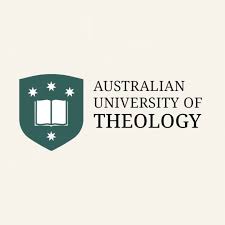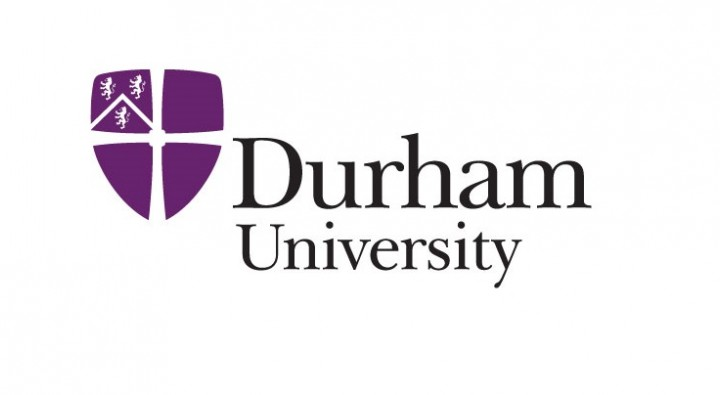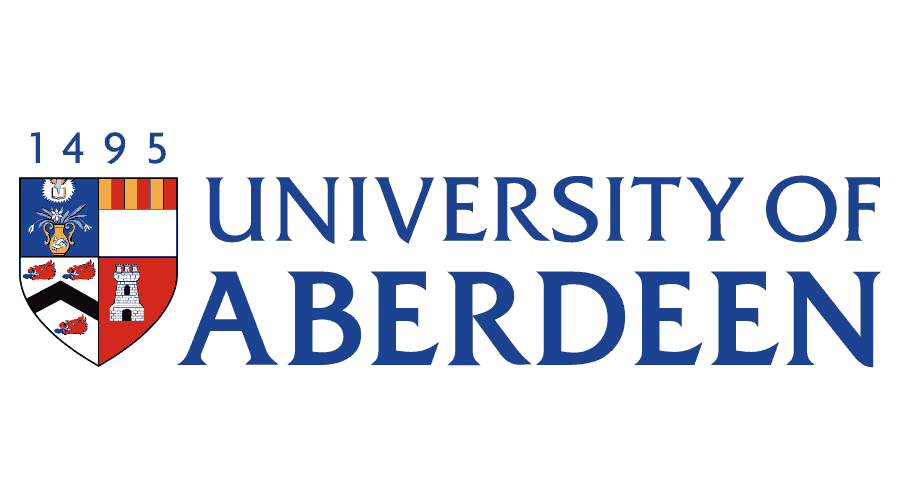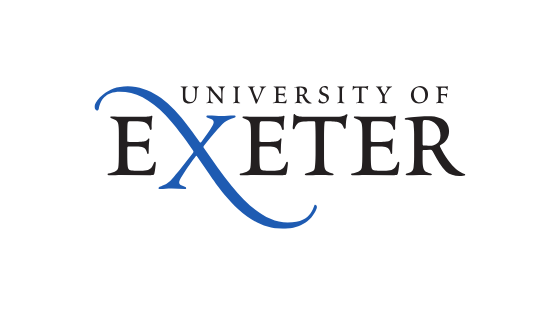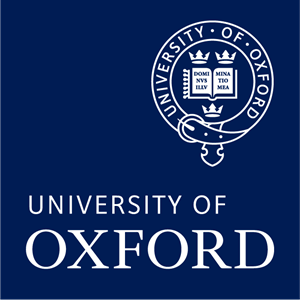Theology and Religion
Embarking on a journey to study Theology and Religion abroad opens doors to a profound exploration of faith, spirituality, and the human experience. For Indian students, this field offers a unique opportunity to blend ancient wisdom from diverse traditions—like Hinduism, Buddhism, and Sikhism—with global perspectives on Christianity, Islam, Judaism, and indigenous beliefs. Whether you're passionate about interfaith dialogue, ethical dilemmas, or the role of religion in modern society, pursuing this course internationally equips you with critical thinking skills and cultural sensitivity that are invaluable in today's interconnected world.
Studying abroad in Theology and Religion isn't just about academic knowledge; it's about personal growth and global citizenship. Imagine immersing yourself in historic sites like ancient monasteries in the UK or vibrant religious festivals in the US. This discipline fosters empathy, debate, and a deeper understanding of how beliefs shape societies, politics, and ethics—skills that resonate deeply with India's multicultural fabric.
Why Study Theology and Religion Abroad as an Indian Student?
For Indian students, studying Theology and Religion abroad provides a bridge between your rich heritage and international scholarship. India, with its tapestry of religions, is a natural starting point for such studies, but global programs offer comparative insights that enhance your perspective. Here's why this path is particularly rewarding:
- Intercultural Understanding: Engage with diverse viewpoints, from Eastern philosophies to Western theology, helping you navigate India's pluralistic society more effectively.
- Enhanced Career Opportunities: Graduates often pursue roles in NGOs, diplomacy, education, or counseling, where cross-cultural competence is key—especially relevant for India's growing global ties.
- Personal and Spiritual Growth: Abroad programs encourage reflection on faith in a secular context, fostering resilience and open-mindedness.
- Access to World-Class Resources: Libraries, archives, and guest lectures from renowned scholars that aren't always available domestically.
- Networking and Community: Build connections with international peers, opening doors to scholarships, internships, and collaborations back home.
Moreover, many programs emphasize ethical leadership, aligning with India's emphasis on ahimsa (non-violence) and social justice, preparing you to contribute to community initiatives or policy-making.
Core Curriculum and Key Topics
A typical Bachelor's or Master's in Theology and Religion spans 3-4 years and combines theoretical study with practical elements like fieldwork and seminars. The curriculum is interdisciplinary, drawing from history, philosophy, anthropology, and sociology. Expect a balanced mix of lectures, essays, and group discussions that challenge you to analyze sacred texts critically.
Foundational Modules:
- Introduction to World Religions: Covering major faiths like Hinduism, Islam, Christianity, and Buddhism, with a focus on their origins and evolutions.
- Biblical or Scriptural Studies: In-depth analysis of texts such as the Vedas, Quran, Bible, or Torah, exploring interpretations and historical contexts.
- Ethics and Moral Philosophy: Debating issues like religious tolerance, environmental ethics, and human rights through a faith-based lens.
- History of Religion: Tracing the spread of religions across continents, including the influence of colonialism on Indian spiritual traditions.
Advanced Specializations: As you progress, you can tailor your studies:
- Interfaith Dialogue: Learn facilitation skills for promoting harmony in diverse settings, ideal for India's multi-religious landscape.
- Religious Studies in a Global Context: Examine how globalization affects spirituality, including the diaspora of Indian faiths abroad.
- Theology and Gender: Explore feminist theology and the role of women in religious narratives, drawing parallels to figures like Devi or Mary.
- Comparative Religion: Compare rituals, myths, and practices—e.g., Diwali vs. Christmas—to highlight universal themes.
Many programs include experiential learning, such as pilgrimages, volunteer work at religious centers, or research projects on topics like secularism in India. For Master's students, a thesis on contemporary issues, like religion's role in social media or climate activism, is common. This structure ensures you're not just learning facts but developing analytical tools for real-world application.
Top Destinations and Universities
Choosing the right destination can transform your academic experience. Popular countries for Theology and Religion offer strong programs with English instruction, easing the transition for Indian students. Consider factors like tuition fees, cultural similarities, and post-study work visas.
| Country | Top Universities | Key Highlights | Average Tuition (per year, USD) |
|---|---|---|---|
| United Kingdom | University of Oxford, University of Cambridge, Durham University | Rich in Christian heritage; strong emphasis on comparative religion; access to ancient libraries like the Bodleian. | 20,000 - 30,000 |
| United States | Harvard Divinity School, Yale University, University of Chicago | Diverse programs including Asian religions; vibrant campus life with interfaith centers; scholarships for international students. | 25,000 - 50,000 |
| Australia | University of Sydney, Australian Catholic University | Focus on indigenous and multicultural faiths; warmer climate and student-friendly visas; proximity to Asia. | 15,000 - 25,000 |
| Canada | University of Toronto, McGill University | Inclusive programs on global ethics; multicultural society mirroring India's diversity; post-graduation work permits up to 3 years. | 10,000 - 20,000 |
| Germany | University of Heidelberg, Humboldt University of Berlin | Low or no tuition for internationals; emphasis on philosophy and theology; EU exposure for future careers. | 0 - 5,000 |
These destinations welcome Indian students with dedicated support services, including orientation for cultural adjustment and Hindi-speaking advisors in some cases.
Career Opportunities After Graduation
A degree in Theology and Religion equips you for versatile careers that blend intellect, empathy, and leadership. In India, where religion influences politics, education, and social work, your international expertise stands out. Globally, demand is rising for professionals who can mediate conflicts and promote inclusivity.
Popular Career Paths:
- Religious Educator or Chaplain: Teach in schools, universities, or spiritual centers; in India, roles in interfaith programs or temple management.
- NGO and Humanitarian Work: Join organizations like Oxfam or UNICEF, focusing on faith-based aid in conflict zones.
- Journalism and Media: Cover religious affairs for outlets like BBC or The Times of India, analyzing global events through a spiritual lens.
- Counseling and Community Service: Provide pastoral care or lead diversity training in corporate settings.
- Academic Research: Pursue PhDs for roles in think tanks studying religion's societal impact, such as at the Indian Council of Social Science Research.
- Diplomacy and Policy: Work in international relations, advising on religious freedom policies for the UN or Indian Foreign Service.
Entry-level salaries vary: in the UK, around £25,000-£35,000; in India, ₹4-8 lakhs annually, rising with experience. Many alumni start with internships at religious NGOs, building toward leadership roles.
Scholarships and Financial Aid for Indian Students
Funding your studies abroad is feasible with targeted scholarships. As an Indian student, you're eligible for several options emphasizing merit and diversity.
- Commonwealth Scholarships (UK): Covers full tuition and living costs for Master's programs; prioritizes students from India.
- Fulbright-Nehru Scholarships (US): For research in theology; includes stipends and travel allowances.
- Endeavour Awards (Australia): Up to AUD 20,000 for postgraduate studies in religious studies.
- DAAD Scholarships (Germany): Full funding for tuition-free programs, plus monthly allowances.
- Indian Government Schemes: ICCR scholarships for cultural exchange in theology-related fields.
Additionally, university-specific aid like need-based grants covers 20-50% of fees. Budget for living expenses: £10,000-£15,000 annually in the UK, including accommodation and travel back to India.
Visa and Application Essentials
Applying is straightforward with proper preparation. Start 12-18 months in advance.
- Research Programs: Use platforms like Studyportals or university websites to shortlist based on your interests.
- Prepare Documents: Transcripts, SOP highlighting your passion for religion (e.g., personal experiences with Indian festivals), letters of recommendation, and IELTS/TOEFL scores (6.5+ band).
- Apply Online: Deadlines typically December-January for fall intake; fees around $50-100.
- Secure Visa: For Tier 4 (UK) or F-1 (US), provide proof of funds and acceptance letter. Indian students often get approvals within 3-6 weeks.
- Pre-Departure: Attend webinars on cultural adaptation and join Indian student associations abroad.
Consult education counselors for personalized guidance, ensuring a smooth transition.
In conclusion, studying Theology and Religion abroad empowers Indian students to become thoughtful global leaders. By weaving your cultural roots with international insights, you'll not only enrich your life but also contribute to a more harmonious world. Take the first step today—your journey of faith and discovery awaits.

